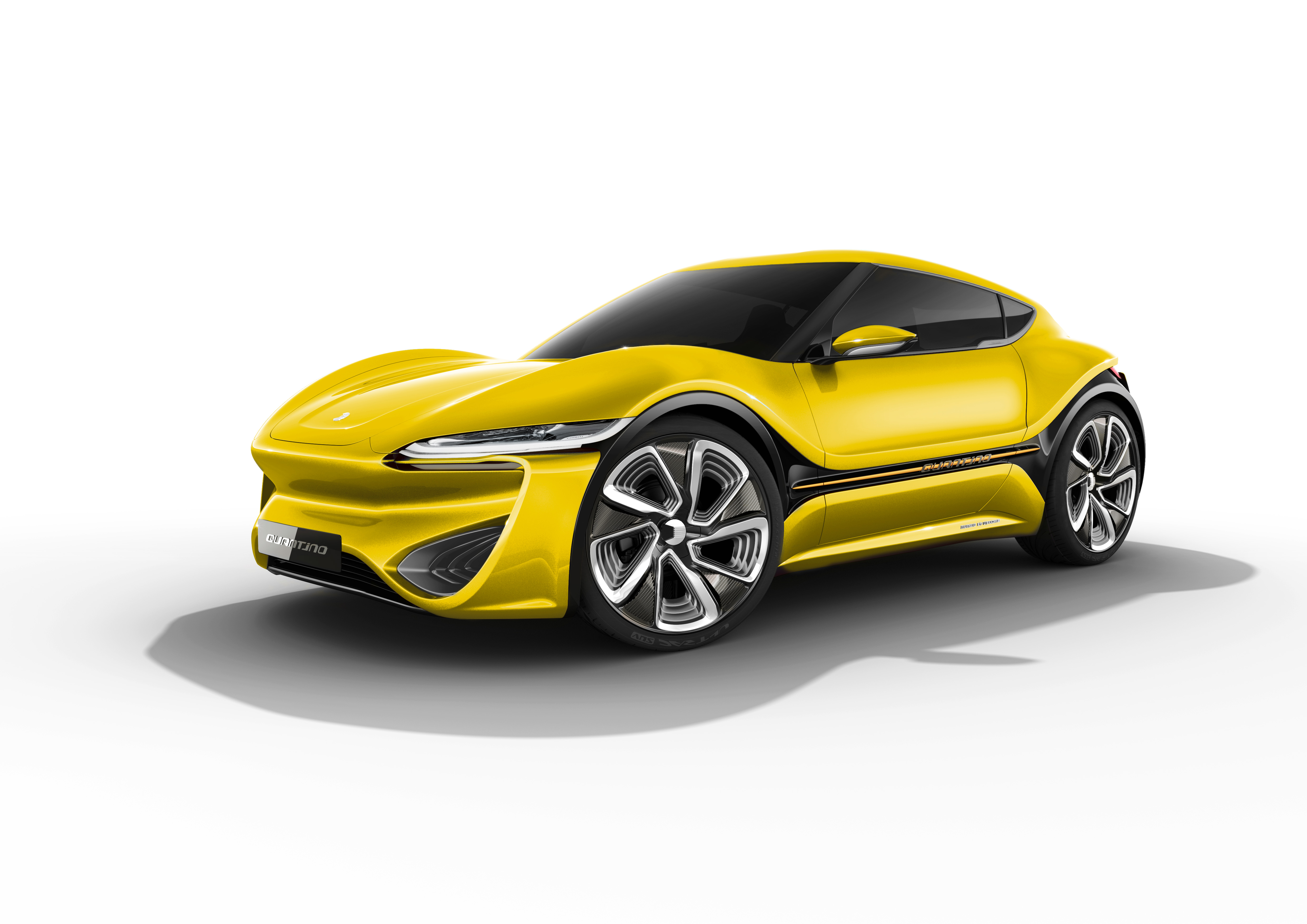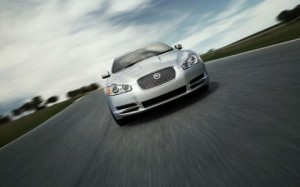 The U.K Governments decision to ban the sale of new petrol & diesel cars by 2030 presents some real challenges for the UK Automotive industry. A development lifecycle of 5-7 years is not unusual for a brand new model & when we are looking at a whole different powertrain & chassis with the consequent implications for production assembly then we are talking major developments.
The U.K Governments decision to ban the sale of new petrol & diesel cars by 2030 presents some real challenges for the UK Automotive industry. A development lifecycle of 5-7 years is not unusual for a brand new model & when we are looking at a whole different powertrain & chassis with the consequent implications for production assembly then we are talking major developments.
JLR spent over $1 Billion developing its 2014 Engine Plant for Diesel & Petrol Engines, this gives some indication of the huge resource requirements for Battery powered vehicles.
There is a lot of debate as to whether Electric Vehicles actually produce less CO2 than their ICE (Internal Combustion Engine) counterparts but this report from ICCT organisation clearly debunks this.
There is some parallel with the elimination of leaded petrol, responsible for the death of over 5000 adults per year & countless examples of brain damage to children; it took over 12 years from unleaded petrol being available to a European Directive in 2000 before it was eventually banned.
Interestingly the Government announcement makes no mention of exporting ICE vehicles; only sales in the U.K. As we currently export 80% of all UK manufactured cars (admittedly 55% to the Eu) there is a little bit of wriggle room for Manufacturers to continue making ICE cars in lower volumes beyond 2030. There are many part of the World where Electric Vehicles will not prevail for many years to come but in urban conurbations in the ‘developed’ world their ascendancy is without doubt.
This will result in huge engineering & change management opportunities in the ever evolving automotive sector.
There will be much debate over the coming decade about the pro’s & cons of electric cars but there is no doubt about it, after a century of production the Internal Combustion Engine is heading for the breakers yard.
chris@amberhill.biz



